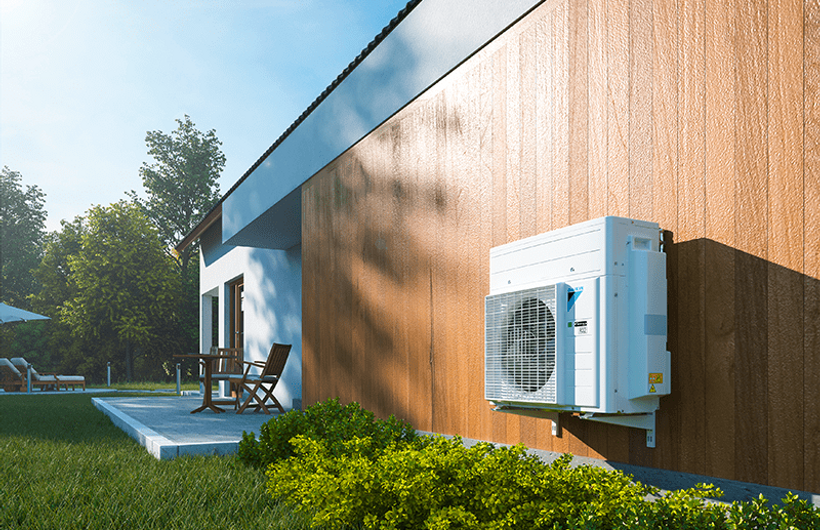Heat pumps are a more efficient way of heating homes which could replace gas-burning boilers. They form a big part of a raft of measures from the Government to keep the UK on track with its goal of being carbon neutral by 2050. But what are they, how do they work and should you be making the switch? In this Electrifying guide, we'll explain.
What is a heat pump and how does it work?
Admittedly, the words 'heat' and 'pump' don't sound that thrilling, but they are pretty clever pieces of kit. The simplest way of describing how they work is that a heat pump is like a fridge that operates in reverse, using electricity to extract warmth from the air, from the ground or even water, to provide hot water and heating for your home. Smaller heat pumps are also used in some electric cars to provide efficient heating.
Domestic heat pumps are designed to replace a form of technology we've been relying on for decades – the gas boiler. While a boiler delivers a quick burst of heat to warm up a house, a heat pump slowly works in the background giving a more gentle supply of warmth. It means that homes can have radiators or under floor heating on at a lower temperature for longer, warming your home to the same temperatures we've come to expect from gas boilers, but in a far more efficient way.
They might work a bit like fridges in reverse but they don't look like the trusty kitchen appliance. In fact, when attached to the outside of a building, they look very similar to an air conditioning unit, and make a low humming noise. That noise, though not loud, is why a heating pump must be fitted at least one metre away from your neighbour's house.
 Air heat pumps look like air con units and work in a similar way too. (Pic: Daiken)
Air heat pumps look like air con units and work in a similar way too. (Pic: Daiken) 













